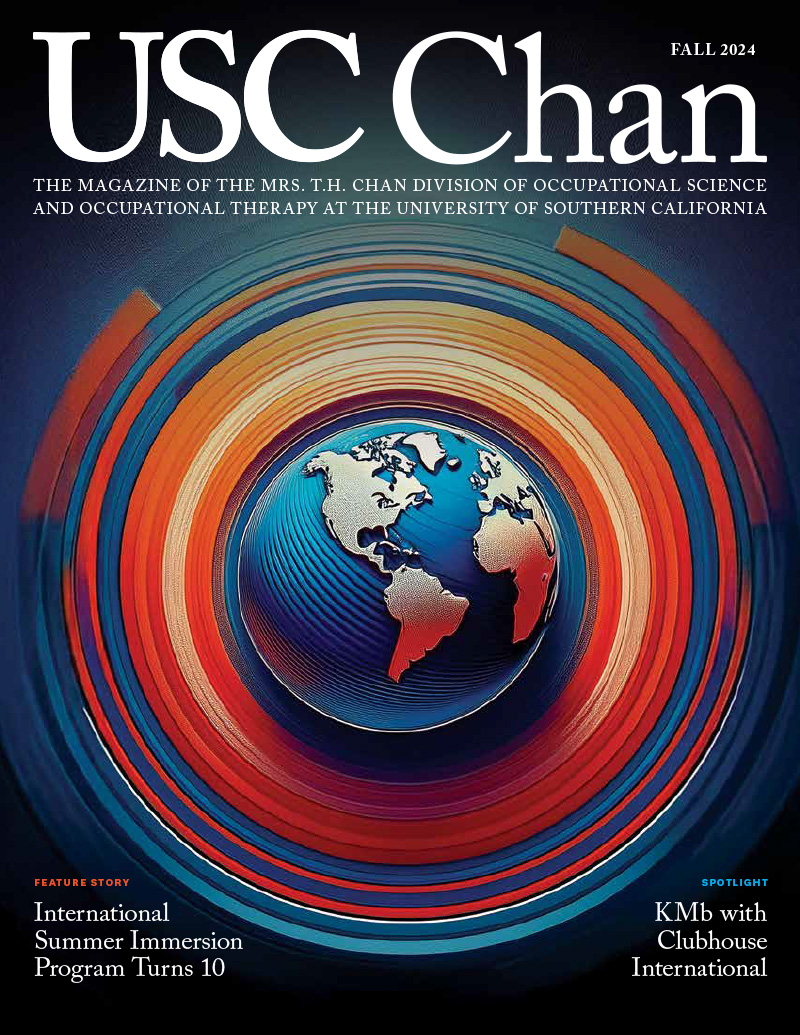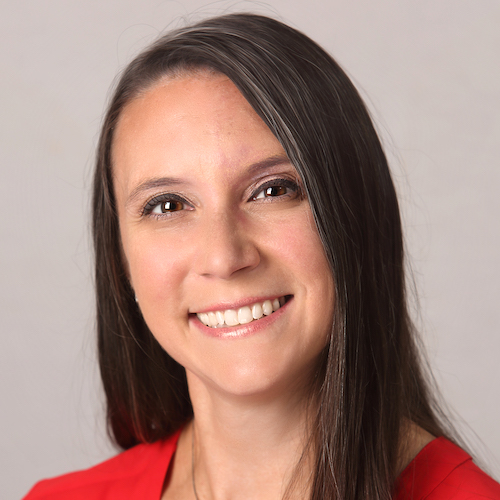On Board with Offloading
Can Lifestyle Redesign® occupational therapy improve care practices and outcomes for diabetic foot ulcers?
More than 38 million Americans have diabetes, and nearly 100 million Americans have high blood sugar levels considered prediabetic, according to the American Diabetes Association. One potential complication of diabetes is decreased or absent sensation in the feet, which can result in foot deformities and abnormal pressure points, especially during weightbearing activities. Patients with diabetes can develop serious foot wounds — known as diabetic foot ulcers — which are the leading cause of leg amputation in the U.S. Managing diabetic foot ulcers is difficult, takes months to heal and costs the health care system around $9 billion annually.
Most patients with diabetic foot ulcers need offloading treatment in order to reduce pressure on their wounds to promote healing. Offloading treatment may involve wearing a non-removable cast or a removable device, like a specially designed shoe or boot. Unfortunately, fewer than 40 percent of patients get proper offloading care, and only 60 percent of those who do will actually follow the offloading treatment prescribed by their doctors.
From an occupational therapist’s perspective, current care plans are riddled with gaps, and overlook important factors about patients and their lives. A person’s ability to manage foot self-care, the social contexts in which they are embedded, the impacts of offloading upon their daily routines and the emotional dimensions of people’s lived experiences are all linked to delayed healing.
Non-removable offloading options like casts are shown to be most effective, but are less frequently accepted by patients. Removable devices have a wearing schedule that can be difficult for patients to follow, can be uncomfortable and interfere with daily activities like getting around at work, doing chores or running errands. Patients with diabetes may also feel that offloading is not as urgent as other medical needs that they have to juggle, like controlling blood sugar or properly taking medications.
Our new interdisciplinary research project looks to tackle the problem of diabetic foot ulcers as part of a pilot study funded through the Southern California Clinical and Translational Science Institute. Occupational therapists from USC Chan are joining the diabetic foot ulcer care team at the Keck School of Medicine of USC’s Department of Surgery to integrate Lifestyle Redesign® occupational therapy into care processes.
Lifestyle Redesign is an occupation-focused program that helps patients better understand the connections between their daily activities, the particular challenges posed by those activities and their health. Although Lifestyle Redesign has shown promising results in primary care settings and for patients with diabetes more generally, the approach has not been studied yet in diabetic foot care and offloading treatment self-management.
We have two main aims for our study underway. The first is to create a tailored Lifestyle Redesign OT program for patients with diabetic foot ulcers who are prescribed offloading treatment. The second aim is to explore if Lifestyle Redesign is practical, acceptable to patients and leads to meaningful improvement of their diabetic foot ulcers, particularly in terms of self-care and offloading management.
What makes our study special? Today, most diabetic foot ulcer medical teams consist of surgeons and podiatrists. By adding occupational therapists who are experts in lifestyle management, we can fill important gaps in the current health service processes and care teams. Additionally, Lifestyle Redesign occupational therapists can customize the intervention to meet the unique needs of each patient they see. This might involve interventions like adjusting daily routines, exploring emotional supports and guiding patients to enhance daily activities for improving their overall health.
We are hopeful that Lifestyle Redesign for patients with diabetic foot ulcers will significantly change the ways that typical offloading treatment is provided by health care teams, and in the near future, lead to better health and well-being for people experiencing diabetic foot ulcers.
“Developing a Lifestyle-Focused Self-Management Intervention for Diabetic Foot Ulcers Offloading,” (MPI: Tan, E., & Schepens Niemiec, S.) is funded by the Southern California Clinical and Translational Science Institute.
⋯







